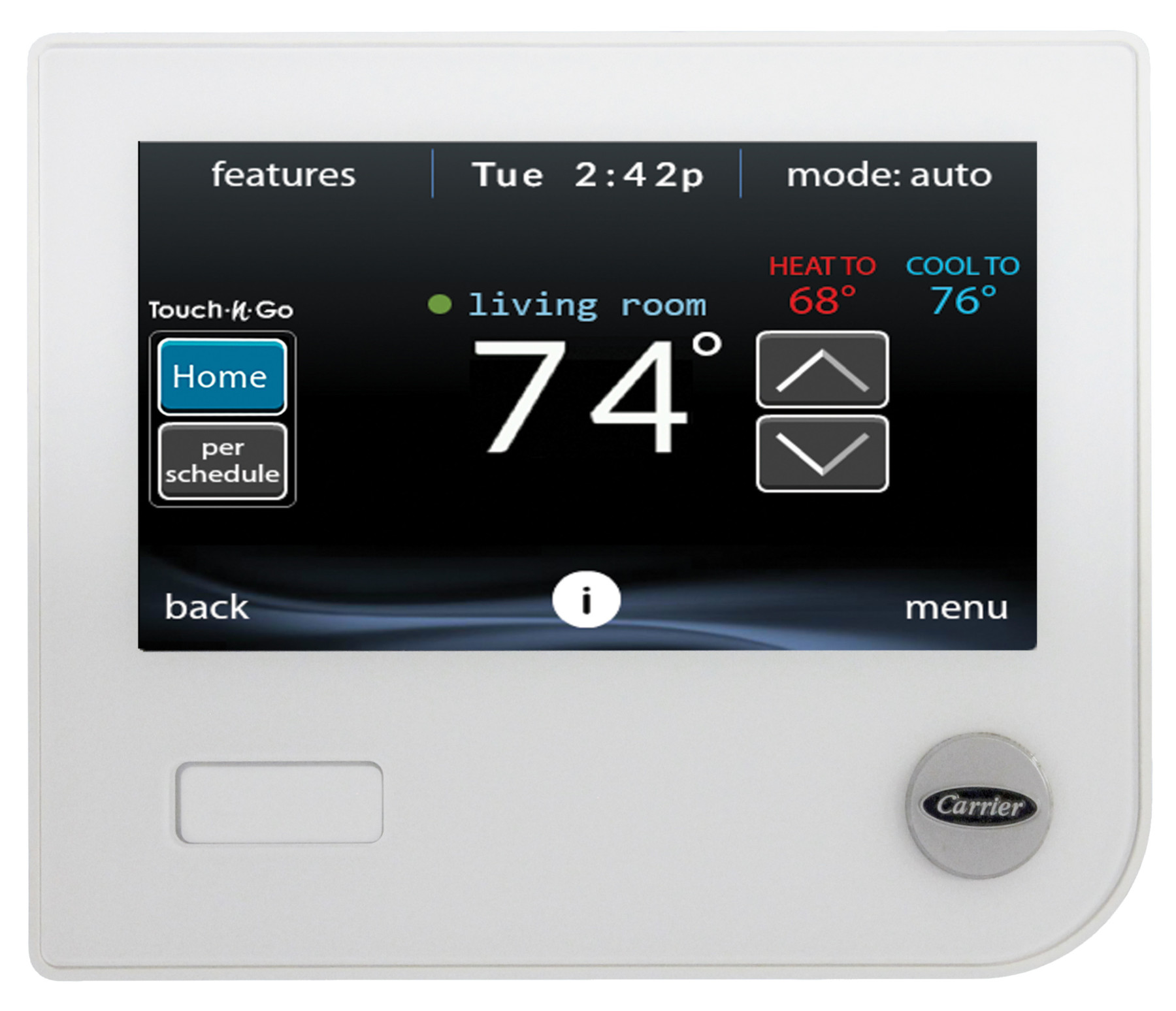Keeping your home warm can be expensive. Luckily, energy efficient appliances help conserve costs. When furnaces and boilers operate at low efficiency, costs can remain high while your home stays cold. Knowing if your heater is energy efficient will make sure you get the most out of your heating bill.
1. Start by Comparing Energy Bills
Comparing energy bills month to month provides insight into the fluctuations of heating habits. However, as seasons change so do household patterns. Look at your heating bills from previous winters to gauge your energy usage this winter. Understanding if your energy bill is significantly higher this winter than last winter is a strong indicator that your furnace or boiler is underperforming.
If your heating bills reveal a large discrepancy, there are a few variables to consider. Is your home properly insulated? Throughout the summer, humidity is at its peak. As wood becomes moist, the structure of the home can weaken allowing cool air to sneak in over the winter. Drafts in your home or loose stripping around your windows and doors contribute to poor efficiency, too. Also, evolving climate patterns alter heating habits. Take into consideration these factors to accurately understand differences when comparing your energy bills.
2. Annual Heater Maintenance
No matter how energy effiecient your furnace is, skipping annual maintenance increases the risk of expensive energy bills. Annual maintenance not only provides a preventative measure from high repair costs down the road, but during these tune-ups, our service team checks that all equipment is working properly. We recommend scheduling your annual furnace tune-ups in the early fall so you can be ready for winter conditions. However, we are always available to come look at your home’s heater if you want to schedule an appointment. Check out a previous blog where I talk about what happens during a furnace tune-up.
3. Accurate Thermostat Readings
Thermostats may seem like an unlikely feature for conserving energy but having an up-to-date thermostat can significantly affect your home’s heating efficiency. Today, most homeowners have programmable or smart thermostats. These two types of thermostats provide the most energy conscious solution because they allow homeowners to regulate a home’s temperature more readily. Energy Star found that for every 1 degree Fahrenheit that a thermostat is turned down, 1% less energy is used. This means if you take advantage of the programming capabilities on your thermostat to schedule temperature fluctuations you can save money all year long. We recommend programming your thermostat so the temperature is lower during sleep hours and daytime hours when you are out of the house and then increasing the temperature during morning and evening when you are home. This schedule helps save a significant amount of energy. If you are unsure of what type of thermostat you currently have in your home or need help programming it, give us a call.
4. Furnaces Have a 15-20 Year Lifespan
It’s easy to forget that the appliances in our homes don’t last forever. The typical lifespan of a furnace is 15-20 years. Depending on whether you are living in a newly built home, purchased a home with a heating system already installed, or are renting, knowing the lifespan of your heater will give insight into your home’s efficiency. While annual maintenance is critical to increasing the longevity of your heater, routine-checks can’t prevent aging. While replacing a heater is expensive, the newer the models the better the technology. When a heater is close to reaching the end of it’s “life” expectancy, it’s best to make the transition and the investment before you pay for costly repairs.
Phil
You can always call on your extended family of dependable heating, cooling, and air quality experts at CPS Heating & Cooling.
Contact us anytime to set up a consultation or call us at 508-460-6691.








